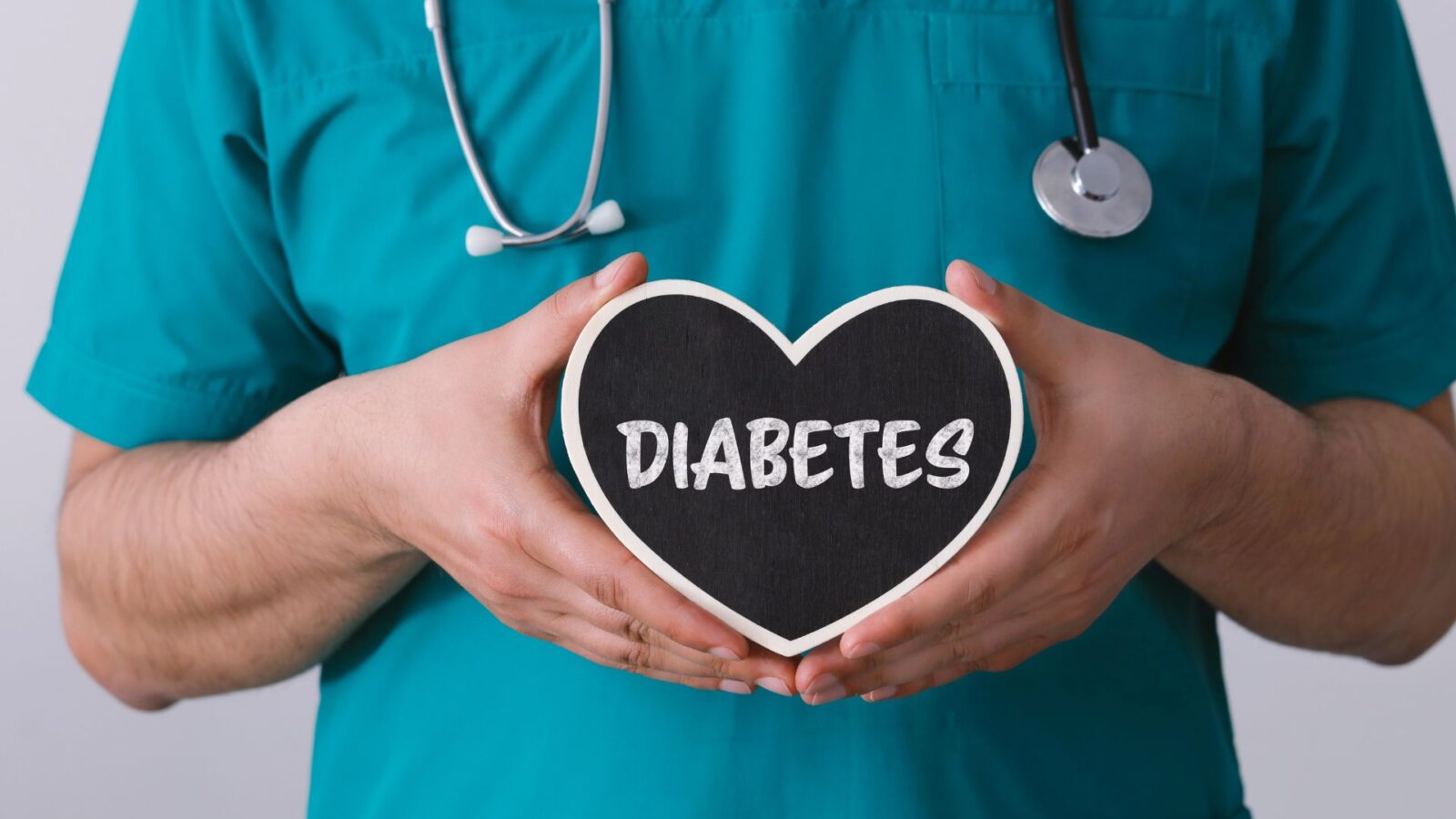Weekly update
Weekly Newsletter
Excepteur sint occaecat cupidatat non proident
Understanding Diabetes : Types, Symptoms, and Management

Diabetes mellitus or simply diabetes, refers to a group of diseases that affect the use of blood sugar (glucose)in our body. Glucose is a crucial source of energy for the cells that make up muscles and tissues and is the brain’s main fuel source. Diabetes is a chronic illness that occurs when the body has too much blood sugar, also known as hyperglycemia. This happens when the pancreas doesn’t produce enough insulin, or the body is unable to use insulin produced properly properly. Insulin here is a hormone that helps glucose enter cells to be used for energy.
Types of Diabetes
Type 1 Diabetes: This is a lifelong condition wherein, the body’s immune system attacks the cells that produce insulin. Even though there’s no cure for type 1 diabetes, treatments can help manage blood sugar levels and prevent complications. This type of diabetes often appears in childhood or adolescence, but it can also develop in early adulthood.
Type 2 Diabetes: Type 2 diabetes develops over many years and can go unnoticed for a long time. It’s usually diagnosed in adults, but it’s becoming more common in children, teens, and young adults. In this type of diabetes, the body either resists the effects of insulin or doesn’t produce enough to maintain normal glucose levels. Lifestyle factors, such as obesity and inactivity, are significant contributors to the development of type 2 diabetes.
Gestational Diabetes: Gestational diabetes develops in pregnant women who have never had diabetes. It is usually resolved after the baby is born, but it can increase the risk of developing type 2 diabetes later in life. Managing gestational diabetes is crucial to protect both the mother and the baby from complications.
Complications of Diabetes
If left untreated, high blood sugar levels can damage the body and lead to serious complications such as :
- Eye problems: cataracts, trouble seeing, and light sensitivity.
- Foot and skin sores and infections: Due to reduced blood flow and nerve damage.
- Nerve damage: causes pain, tingling, numbness, and difficulty digesting food.
- Kidney damage: As a result of overworking the kidneys to filter excess glucose.
- Weakened immune system: This leads to frequent infections.
Symptoms of Diabetes
Some common symptoms of type 1 and type 2 diabetes include:
- Feeling more thirsty than usual
- Urinating more often
- Losing weight without trying
- The presence of ketones in the urine
- Feeling tired and weak
- Feeling irritable or having other mood changes
- Having blurry vision
- Having slow-healing sores
- Getting frequent infections, such as gum, skin, and vaginal infections
Managing Diabetes
Lifestyle Modifications: To manage diabetes effectively requires a varied combination of lifestyle changes and medical interventions. Key lifestyle changes to avoid diabetes may include:
i) Change in Diet: One should adopt a more balanced diet that is rich in fruits, vegetables, whole grains, and lean proteins and avoid excessive sugars and refined carbs.
ii) Daily Exercise: one should engage in regular physical activities and exercises that help one improve insulin sensitivity and manage blood sugar levels.
Medications and Treatments
i) Insulin Therapy: it is essential for type 1 diabetes and sometimes necessary for type 2 diabetes.
ii) Oral Medications: Various drugs can help manage type 2 diabetes by improving insulin production and effectiveness.
Conclusion
Diabetes is a chronic and complex condition that requires continuous management and care. Knowing the type, symptoms, and causes of diabetes can help one take a more proactive approach toward health management. Making some changes in certain aspects of one’s lifestyle with suitable adjustments and proper medication can let a person enjoy a fit and healthy life even with diabetes. Regular check-ups and keeping updated about new treatments and research being done can contribute much toward better management of diabetes for good quality of life.
INDIAN FUSION: WHERE HEALTH MEETS FLAVOR!
India, known as the hub of spices, offers a rich culinary heritage...
FROM SYMPTOMS TO SOLUTIONS: MANAGING CARDIOVASCULAR ILLNESS
Imagine your heart as a perfectly tuned vehicle engine, working tirelessly to...
PCOS: MORE THAN JUST CYSTS
Are you experiencing unusual body developments such as irregular periods, unexpected weight...
Anemia: Symptoms, Types & Preventataive Measures
Anemia is typically a medical condition where there is a deficiency in...









